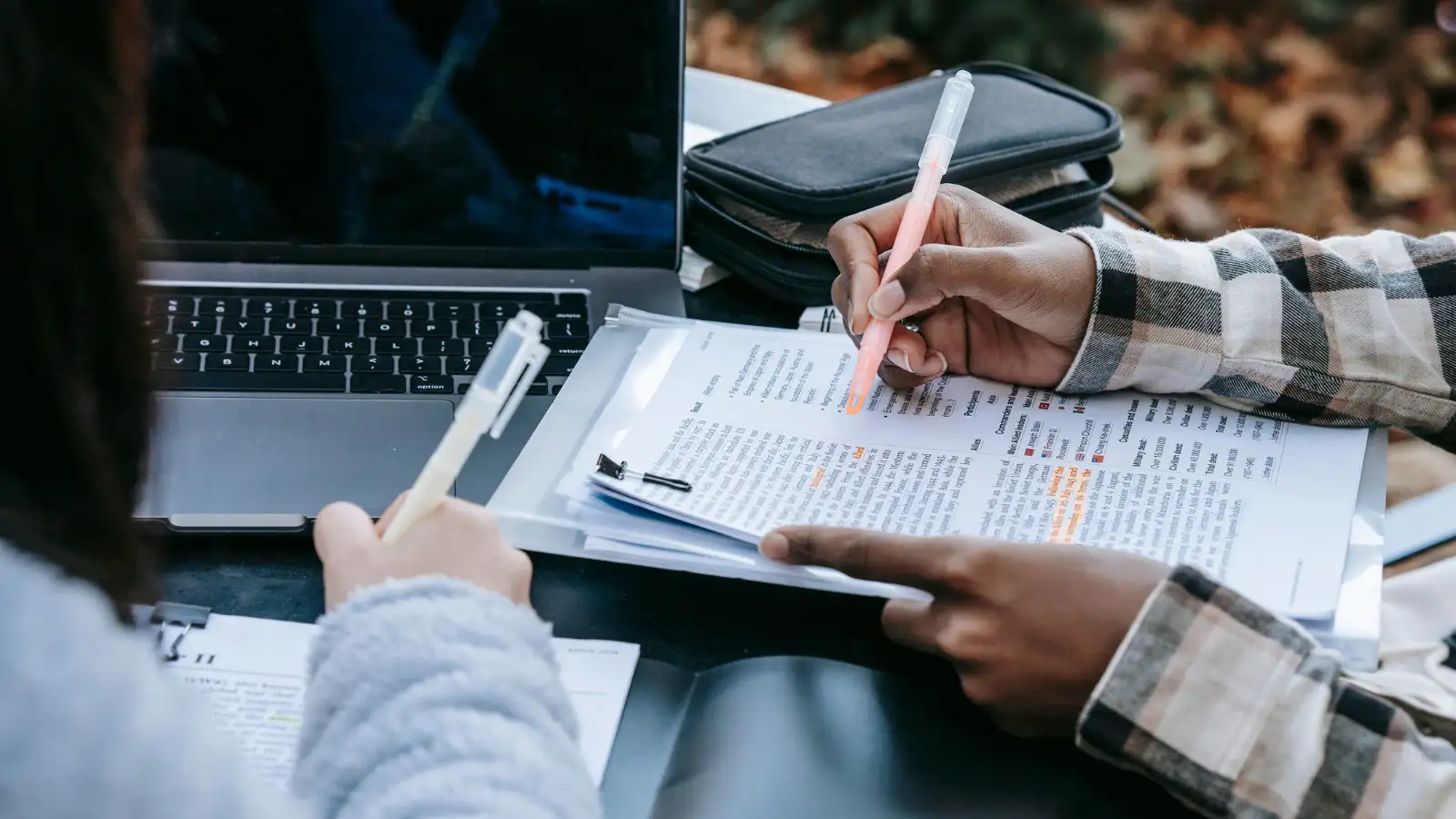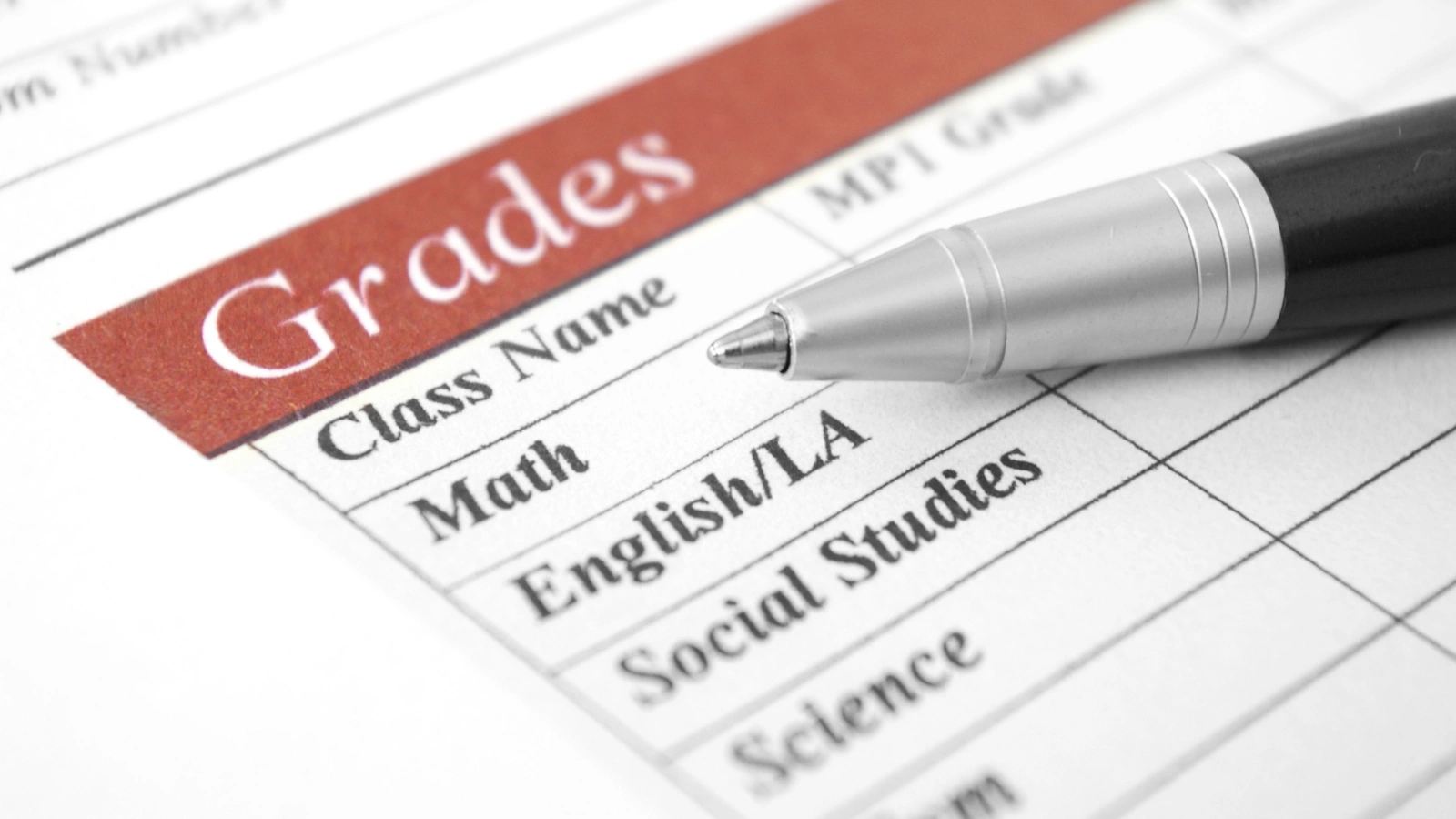Have you ever wondered what makes those high-performing students tick? You know, the ones who consistently raise their hands in the class and always submit polished homework. They seem to have a spark about them. But it’s not just natural talent; some traits and habits set them apart.
By understanding why these students are successful, we can gain insights into what makes a strong learner and use this knowledge to create a more enriching learning environment that inspires students to strive for excellence. In this blog post, we aim to do precisely that. So peek into the characteristics and habits of these high-performing students.
We’ll start by understanding more about what such a student is and how they stand out from the crowd. Then we’ll discuss the most effective ways in which parents and teachers can support intellectually gifted students academically and mentally.
What is a High Performing Student?
Being a high-performing student isn’t just about getting straight A’s; it’s about having a deep passion for learning beyond grades. Top-performing students are not just naturally talented. They approach their studies strategically and aren’t afraid to think outside the box.
Such students set a standard and inspire others. Their dedication to academics creates a sense of healthy competition and cooperation, thus raising the bar for everyone.
Teachers show their work as examples, which motivates other students too. Now, let’s shift gears and discuss the characteristics of these high-performing students.
Characteristics of High-Performing Students
Following are the traits that all bright students share.
Strong Work Ethic
Top students don’t just finish assignments; they go the extra mile. If they stay up late in the library, it’s not because they want to secure good marks; it’s because they are truly interested in the subject matter and want to grasp the concepts completely.
Self Motivated
Just as we discussed, top-performing students put in the work regardless of grades. Marks and achievements can be one of the purposes, but they aren’t the sole reason for their motivations. They study because they enjoy doing so. They are motivated to improve every day and be more productive and successful individuals overall.
Goal-Oriented
Top-performing students know where they are going rather than just drifting along. They plan their study sessions, set long-term goals, and keep their eyes on the prize. Their laser focus helps them overcome obstacles and setbacks and stay on the right track.
Time Management
Between school, extracurriculars, social interactions, and personal life, things can get crazy. High-performing students manage their time effectively and keep everything in balance.
Effective Communication
Top students have an extra command over oral and written communication. They ask questions to clarify their concepts and share their ideas with others. It not only helps others but also improves their understanding of the material.
Adaptability
Education is constantly evolving, and high-performing students don’t get thrown off by change. They welcome new teaching styles and resources and are willing to adapt to changing demands. They can easily adapt to new environments.
Self-Confidence
These students believe in themselves. They aren’t afraid of change because they trust their hard work and preparation. They have a growth mindset approach to learning.
A growth mindset focuses on effort, hard work, and motivation. People are successful at something because they put the necessary effort into it. They do so because they are highly motivated. Therefore, the formula of success follows motivation, then effort.
Now that we know what characteristics high-performing students possesslet’s look at the habits that make them unbeatable.
Beyond the Books: Habits of High-Performing Students
Besides personal characteristics, top students have some habits that make them stand out. Here are some of them:
Study Habits That Actually Work
Bright students have effective study habits. They create routines and schedules and stick to them. They use various techniques like reading, writing, flashcards, and digital tools to absorb and understand information. These students have a structured note-taking system that helps them digest complex material better.
Seeking Feedback
High-performing students are open to constructive feedback. They seek it from teachers and mentors to nail down their weak points and sharpen their skills. They also assist their classmates, helping them when they need it and improving their own understanding.
Self-Assessment
These students keep a pulse on their journey. They track what they’re good at and where they need work. They set goals regularly and evaluate their progress continuously to stay motivated and on track.
Class Participation
High performers don’t just soak up information. They participate actively in class conversations. They ask questions and provide answers, creating a more dynamic learning environment for everyone.
Using Resources and Support
Smart students make the best use of whatever is available to them. They realize that it’s not all on them. They use the library, online resources, study groups, or get help from mentors. Effective use of these technologies goes a long way toward improving academic performance.
Continuous Learning
Top students take learning as an adventure that doesn’t stop. They are willing to learn continuously, explore new ideas and concepts, and develop new interests. They adapt to new methods and are willing to study all their lives.

10 Ways to Support High-Performing Students
In a traditional educational setting, high performers are usually under-challenged. They might not be taught the way they learn best. It can lead to behavioral issues, confidence problems, and difficulty connecting with peers. In this section, we have covered 10 ways to support intellectually gifted students academically and mentally.
1. Assign Hands-on Projects
One way to support high-performing students is to assign them additional hands-on projects when they’re done with their routine studies. Project-based learning has been shown to improve grades and foster multi-disciplinary skill development. It also requires students to perform research, which improves their critical and analytical thinking skills.
Such assignments can best use their creative energies as they allow them to go beyond textbooks and apply knowledge in the real world. Instead of assigning them projects, you can also let them choose their own. You can give them a couple of project ideas and let them choose what excites them.
2. Let Them Follow Interests and Passions
Students should be allowed to excel in the subjects they love and are competent in. High performers might not perform perfectly in every subject. They might do very well in science but struggle with literature. This is completely okay. They should be able to advance in disciplines they love.
If a student finds a certain subject challenging, teachers should use different strategies to teach that subject, but experts say that students should never be forced to excel at a subject they don’t find interesting. If students aren’t aware of their strengths, teachers might help them explore their gifts, for example, by arranging a math quiz or writing competition where students excel.
Aside from academics, high performers should also be allowed to follow their extracurricular passions. Students might want to paint in their downtime, write poems, or create YouTube videos. These habits of high performers allow for self-exploration and boost their confidence, improving their academic performance.
3. Identify and Address Their Weaknesses
High performers are not always very confident and emotionally stable. High achievers in one subject area might not show the same brilliance in other subjects. A student might be gifted in math but show quite average athletic performance. They might also suffer from social and emotional problems like perfectionism, lack of resilience, and fixed mindset which can prevent them from reaching their true potential.
It is the job of the teachers and parents to identify these issues and address them properly. The root of the problem should be identified, such as whether a particular student doesn’t like a specific subject or has been feeling stressed lately. It’s important to understand that each high performer has their own set of weaknesses, which should be addressed to unlock their full potential.
4. Open-Ended and Tiered Assignments
Another way to support high-performing students is to give open-ended assignments. High performers love open-ended assignments as they don’t require them to find answers from the book but use their creativity. They find such assignments more enjoyable and invest deeply in them.
Tiered assignments are also highly effective, especially in heterogeneous groups with both high-performing and average students. The core concept of a tiered assignment is the same, but the difficulty levels for different types of students change.
For example, you can assign high achievers more difficult problems to solve or more difficult text to read. Alternatively, you can add a second component to assignments, like asking talented students to present the task orally or write an explanation of their thinking.
5. Consider Accelerated Programs
If your child is way ahead of other students of the same grade, go for acceleration. This may be in the form of grade skipping, content acceleration, or joining an accelerated program. Acceleration healthily challenges these high-performing minds and paves the way for deeper exploration of the subject.
6. Understand How They Learn Best and Personalize Education
Most talented students in traditional education are square pegs in round holes. All students are not alike. Different students might want lectures to be delivered in different ways. The mode of lesson delivery should match the learning styles of the students.
An article in Psychology Today tells the story of a brilliant student with extraordinary math skills. After his seventh-grade education, he started to lose interest in his studies and disengage from the classroom. He later joined an accelerated program that allowed him to study math quickly. Pretty soon, he was competing and winning international math tournaments.
7. Arrange for Social and Collaborative Opportunities
High-performing students may not usually be very skilled at making friends. Being intellectually gifted, they might feel different from their peers and find it difficult to connect with them.
Therefore, it’s important to ensure that the students’ social and emotional needs are met. Teachers should group students with similar talents and interests to study together. This collaboration increases understanding of the subject and improves academic performance while also fulfilling their social needs. Some students might reveal new talents that were previously hidden.
Another strategy is peer teaching. If a talented student completes the task, ask them to teach their peers. This also increases their confidence. For homeschooled children, parents should make sure that they go out regularly to play or study with other students.
8. Managing Their Stress
This is one of the most important things that needs to be taken care of. You must ensure your high achiever isn’t overly stressed over their responsibilities. According to research, the constant pressure of performing well in academics, co-curricular, and other obligations might lead to chronic stress.
Gifted students must have a proper work-life balance. They shouldn’t just focus on getting better at school but also getting proper rest, playtime, and time with friends and family. Feeling well and being healthy is also crucial for academics.
Parents and teachers should look for signs of stress and burnout like lapses in performance, lack of interest in most activities, and poor hygiene. Once these signs appear, action must be taken.
9. Set Realistic Expectations
This goes hand in hand with managing stress. High performers might be way ahead of their level, but don’t set the bar too high. Don’t ask them to study at a much higher level. This can burden them unnecessarily.
Instead of giving them assignments for the next grade, help them expand to new areas of their current curriculum. Teach them real-world applications of the concepts they study in textbooks. Instead of focusing on covering a breadth of subjects, allow them to delve into the depths of their current curriculum.
10. Be Their Support System
When things don’t go as planned, be there for them for their support. Talk to them and make them feel valued. Make them realize that their self-worth isn’t tied to how much they score on exams. They are loved, valued, and respected regardless of their academic performance.
Parents should regularly talk to their high-performing kids about how they are feeling. Why aren’t they feeling their best on a certain day? Teachers should also notice such stress signs among students in class. For parents, they mustn’t be projecting their unfulfilled dreams onto their children. It’s their life and they deserve to walk their path.
Final Words
Achievement is not some type of magic. It is a science. It is work ethic, goal-setting, communication skills, adaptability, and confidence meshed with motivation. And the best news is that these habits can be learned and mastered.
However, one should remember that each student is different, and learning habits should be personalized rather than rigid. Every student can tap into their strengths and cultivate these success-boosting traits.
It’s not about copying what works for others but about discovering what motivates you, how you learn best, and how to set up systems that put you in charge of your journey to success.









